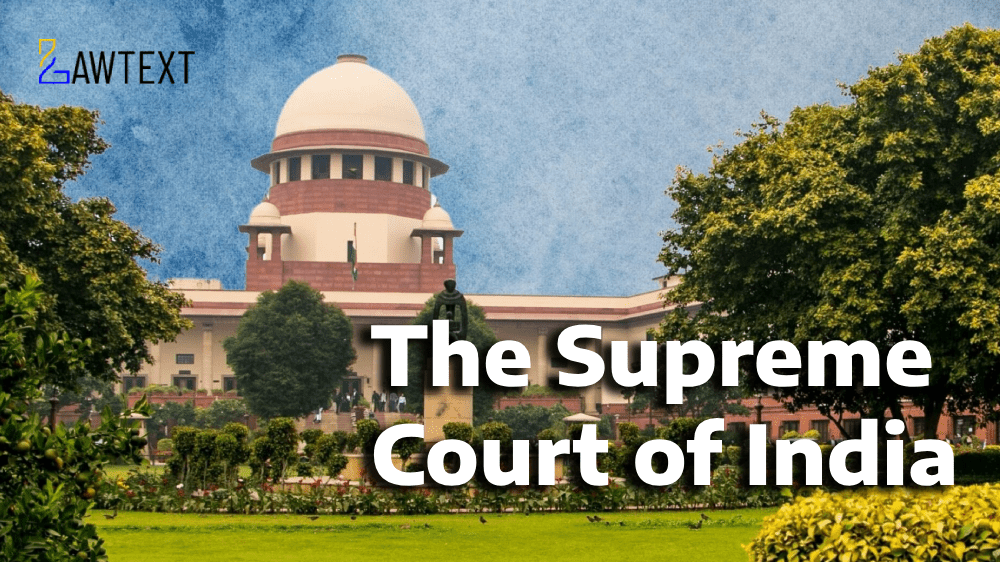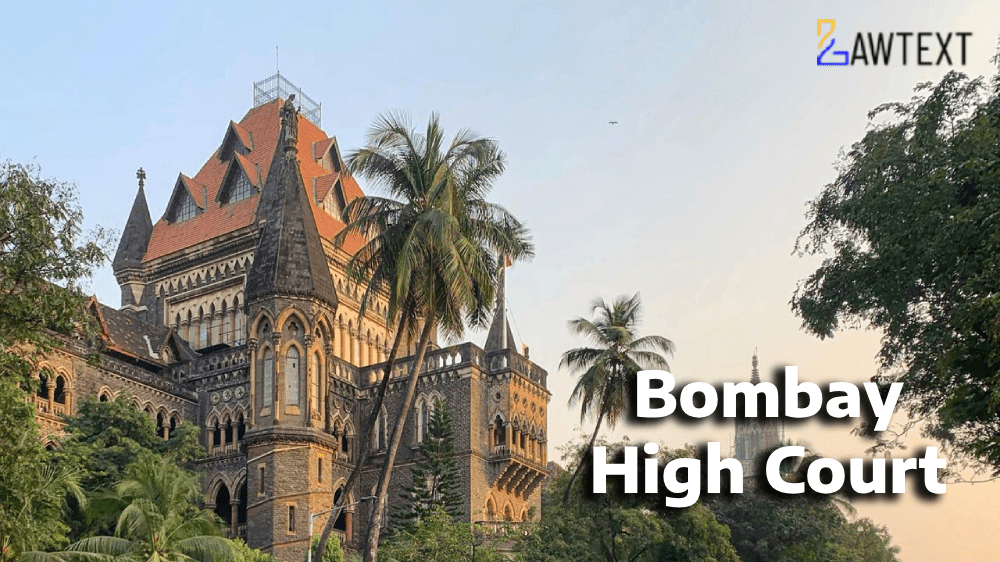Case Note & Summary
The appeal of Naresh Kumar, convicted of murder under Section 302 of the Indian Penal Code (IPC) with the aid of Section 34 IPC. The appeal is based on alleged non-compliance with Section 313 of the Code of Criminal Procedure (Cr.PC), which mandates the court to question the accused on incriminating evidence against him. The appellant argues that this non-compliance led to material prejudice and miscarriage of justice. The judgment explores whether the appellant's conviction should be set aside due to this procedural error.
Introduction
The connection between crimes and culprits, and the procedural safeguards in criminal trials. The importance of Section 313, Cr.PC, in ensuring a fair trial.Background of the Case
Details of the appellant's conviction and the incident leading to the crime. The argument between the deceased Arun Kumar's sister and the appellant’s wife that led to the murder. Testimonies and evidence presented during the trial.Confirmation of Conviction
The appellant's conviction under Section 302, IPC, with the aid of Section 34, IPC. Confirmation of the conviction by the High Court of Delhi.Arguments Presented in the Appeal
The appellant's main argument on the non-compliance with Section 313, Cr.PC. The contention that the appellant was not questioned on crucial incriminating circumstances. Previous instances where this argument was raised or not adequately addressed.Scope and Importance of Section 313, Cr.PC
Examination of the objectives and principles behind Section 313, Cr.PC. Case laws and precedents on the importance of proper examination of the accused.Review of Non-Compliance with Section 313, Cr.PC
Evaluation of whether the issue was raised at the appropriate stages of the appeal. Legal precedents on the consequences of non-compliance and whether it constitutes a curable defect.Evaluation of Material Prejudice and Miscarriage of Justice
Analysis of whether the failure to question the appellant on certain incriminating circumstances caused material prejudice. The necessity to establish prejudice for the trial to be considered vitiated.Findings on the Core Contentions
Specific incriminating circumstances that were not put to the appellant during examination under Section 313, Cr.PC. The impact of these omissions on the appellant’s defense and the trial’s fairness.Conclusion and Judgment
The court’s decision on whether the non-compliance with Section 313, Cr.PC, resulted in material prejudice. Determination that the trial was vitiated due to procedural errors. The final ruling on the appeal based on the established principles and findings.
Issue of Consideration: Naresh Kumar Versus State of Delhi
Premium Content
The Issue of Consideration is only available to subscribed members.
Subscribe Now to access critical case issues







